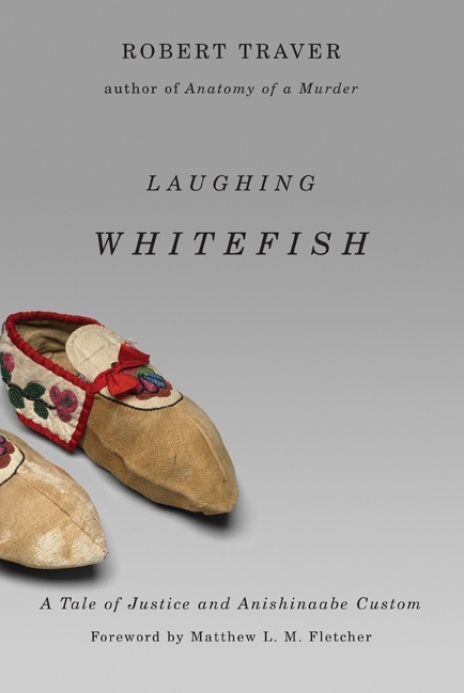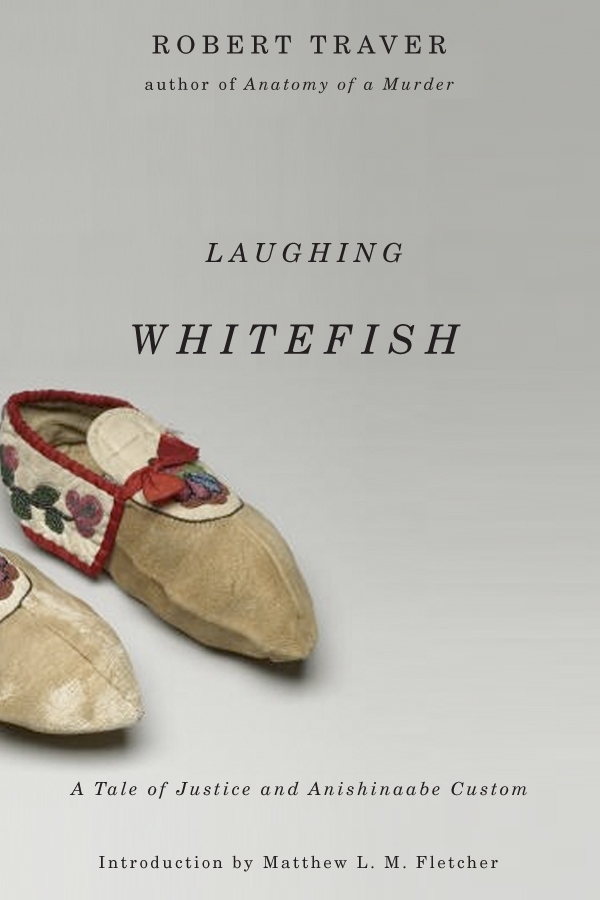From Lansing City Pulse:
By any measure the career of John D. Voelker was a phenomenal success. He was a successful author, having written the bestseller “Anatomy of a Murder” (later made into a movie directed by Otto Preminger and starring James Stewart, Lee Remick and George C. Scott) and he was a member of the Michigan Supreme Court. But something was gnawing at him.
As a younger man, he had heard a story about an Indian woman who had, against all odds, taken on the white power structure of the Upper Peninsula’s mining industry while seeking what she thought was compensation owed to her family.
Voelker had always wanted to do a fictional treatment of this real-life case, but the success of “Anatomy” and his job as a justice had kept him too busy.
In an address to the Michigan Historical Society in 1970 he said his “neglected Indian story receded even further into the background.”
In a brash move, Voelker decided he was fed up and had enough of the “baying dogs of success” — he quit his job.
In his letter of resignation to Gov. G. Mennen Williams he wrote, “While other men can write my legal opinions (although I would debate that) they can scarcely write my books. I am sorry.”
Voelker, who wrote under the pen name Robert Traver, retreated to the Upper Peninsula, where he would spend two winters writing his Indian story. “Laughing Whitefish” was published in 1965, but soon went out of print.
Now, Michigan State University, working with the Voelker family, has reprinted the book with an introduction written by MSU College of Law Professor Matthew Fletcher, who heads the Indigenous Law and Policy Center.
In describing his book, Voelker always said it was “a basic story … rather simple” and “it was about iron ore, Indians and the infidelity to one’s own promises.”
The book tells the story of a young Indian woman, Charlotte Kawbawgam (her real name was Kobogum), who seeks compensation for her father. He had been promised a “wee fractional interest” after leading a group of mining executives to the world’s largest deposit of iron ore. Kawbawgam hires lawyer Willy Post, a newcomer to Marquette.

You must be logged in to post a comment.